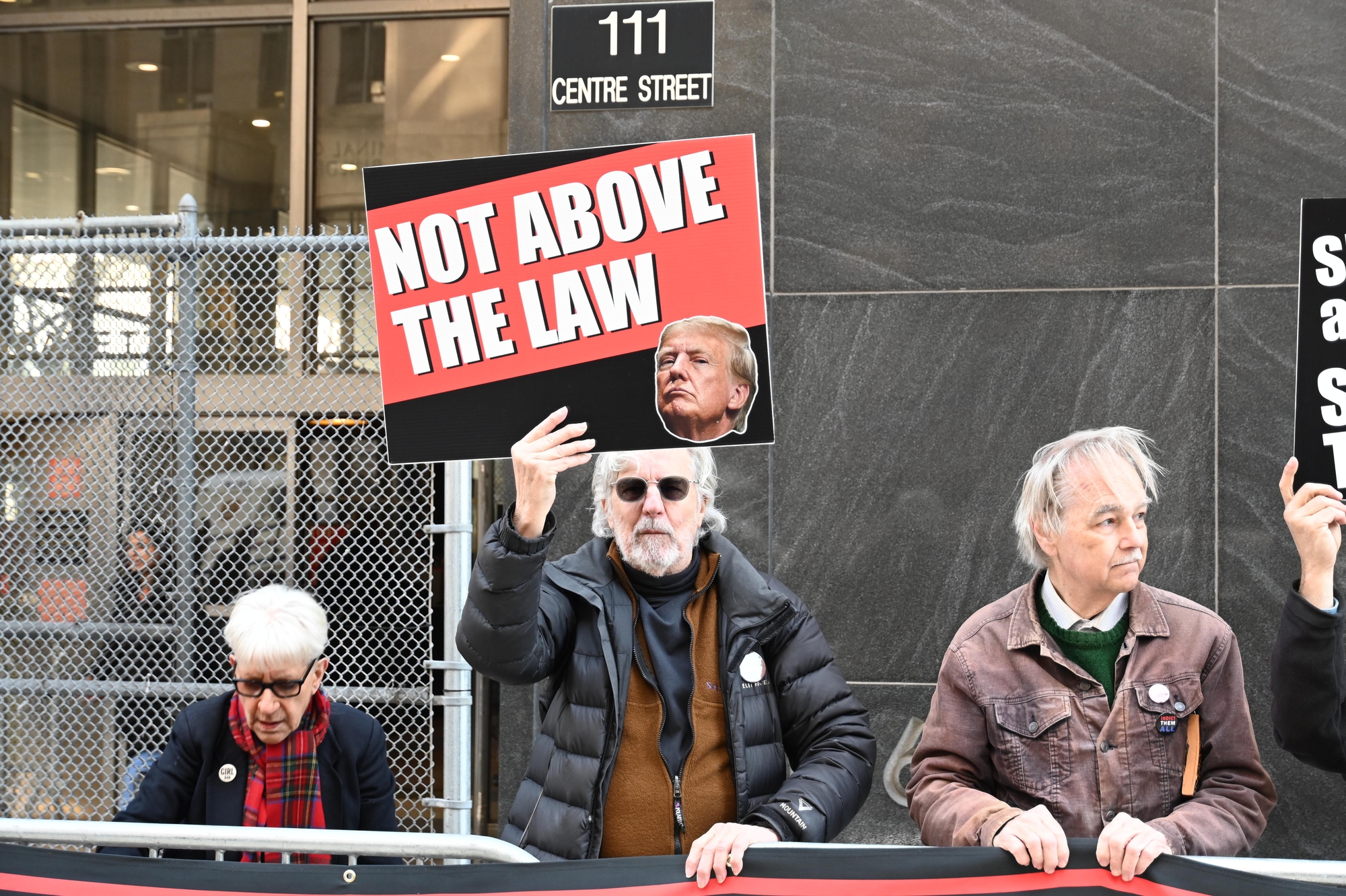Trump’s bold vision – Unleashing chaos as he promises radical overhaul with Musk and Kennedy at the helm

As the 2024 presidential campaign heats up, former President Donald Trump is navigating a complex relationship with Project 2025—a controversial blueprint developed by conservative activists outlining an ambitious agenda for his potential second term.
While Trump has sought to distance himself from the project, the extent to which he and his allies might adopt its proposals remains a point of contention.
A bold agenda revealed
According to a CNN report, Trump’s rhetoric reveals a bold agenda, particularly when it comes to reshaping the federal health and government systems.
Central to this vision is the inclusion of figures like Robert F. Kennedy Jr., who Trump has suggested would have significant authority over public health initiatives if he secures victory in the upcoming election.
At a rally in Madison Square Garden, Trump stated, “I’m going to let him [Kennedy] go wild on the food. I’m going to let him go wild on the medicines.”
Kennedy’s “Make America Healthy Again” campaign emphasizes priorities such as regenerative agriculture and eliminating toxins from food and water. Yet, the specifics of these plans remain vague, raising questions about their feasibility.
Kennedy’s controversial history complicates matters further. He has faced scrutiny for making provocative comparisons between vaccine mandates and Nazi Germany, as well as for his past struggles with addiction and unverified health theories.
Moreover, his health challenges, including a bout of mercury poisoning, add to concerns about his fitness for a governmental role.
In a recent CNN video, Kennedy revealed that Trump has promised him control over crucial health agencies, including the Department of Health and Human Services, the Centers for Disease Control and Prevention (CDC), and the US Department of Agriculture (USDA).
This ambitious agenda aligns with Project 2025‘s proposals for substantial reforms within health agencies, including potential structural changes to the CDC.
While Trump and Kennedy’s plans have sparked alarm among public health officials—especially regarding vaccine scepticism—Kennedy has downplayed his anti-vaccine rhetoric during the campaign.
Nevertheless, his focus on natural food alternatives has garnered some support within health circles.
Elon Musk on the complete overhaul of govt.
On another front, tech billionaire Elon Musk, a staunch Trump supporter, is poised for an even broader role in a potential Trump administration. Musk has proposed a radical downsizing of the federal government, suggesting a complete overhaul of its bureaucracy.
He envisions starting from scratch, a proposal he shared during an event in Pittsburgh, indicating plans to cut federal spending significantly.
However, Musk’s business interests, particularly through SpaceX and Tesla, complicate his potential government role, raising concerns about conflicts of interest.
Enjoying this article?
Subscribe to get more stories like this delivered to your inbox.
His vision includes the creation of a “Department of Government Efficiency”, a concept that some critics view with scepticism given his past controversial statements.
Despite Musk’s ambitious goals, former Treasury Secretary Larry Summers has expressed doubts about the feasibility of achieving $2 trillion in savings through government layoffs.
He highlighted that payroll constitutes only a small fraction of the federal budget, suggesting that meaningful budget cuts would necessitate revisiting entitlements like Social Security and Medicare—areas Trump has vowed to protect.
As the election approaches, the implications of Trump’s promises to empower figures like Kennedy and Musk could fundamentally reshape the federal landscape.
The question remains whether these ambitious reforms will materialize, or if they will be overshadowed by the complexities and challenges of governing.
Writer
